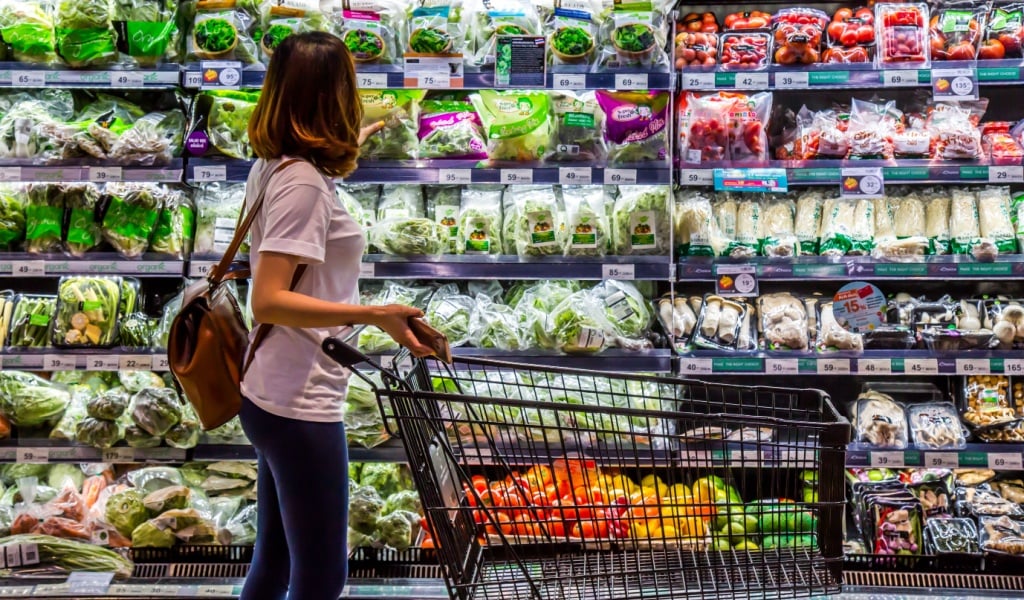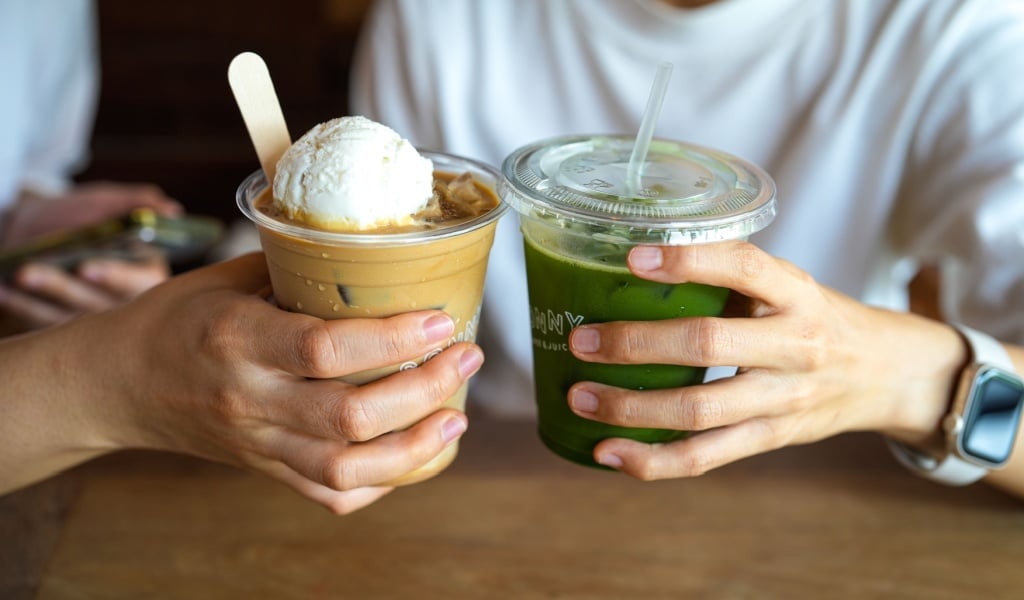Fresh is always better than frozen. You’ve probably heard this common misconception being touted by people, which may have led you to pick that fresh bag of fruit over the frozen. But how often than not have you found yourself throwing away the half-empty bag after a couple of weeks spent in the back of your fridge?
Fresh produce often gets all the praise, but could frozen food be just as good or even better? In the ongoing debate between fresh versus frozen produce, the latter often gets a bad rap. However, a closer look reveals that frozen food might actually be the better choice in various aspects, from nutrition to convenience. But here are six reasons why frozen produce might deserve a spot as a kitchen staple:

Nutritional Powerhouse
Contrary to popular belief, frozen fruits and vegetables can be just as nutritious as fresh ones. While some studies found that there may be a minuscule difference in nutritional quality between fresh and frozen produce, it’s important to note that these studies used freshly harvested foods. However, according to another study, the nutrients in fresh produce actually started to decline to levels below those of frozen once they got past day 3 of refrigeration. Given that the choice of produce you get at the supermarket was likely picked at least three days before, or sometimes even longer, there is probably no difference in nutrition.
Conversely, with frozen foods, fruits and vegetables are often picked at peak ripeness, which is when they are most nutrient-dense. They are quickly processed and immediately frozen to lock in their flavor, quality, texture, or nutrition. As a result, these vegetables and fruits remain virtually unchanged in storage, eliminating the loss experienced from spoilage and shrinkage in contrast to fresh produce.
It Helps Cut Down on Food Waste
Food waste is a pressing issue in our society. Did you know that a staggering 38% of food produced in the US goes unsold or uneaten? This excess food ends up in landfills, down drains, or left to rot in fields, all of which are detrimental to the environment. By choosing frozen produce, we can significantly reduce this percentage, thereby lessening our environmental footprint.
Beyond the environmental impact, frozen food can also be a more economical choice personally because whatever you buy is 100% edible. This means you’re getting the best bang for your buck! In contrast, fresh produce is notorious for quickly spoiling, leading to significant food waste. Plus, fresh fruits and vegetables lose a substantial part of themselves during peeling and trimming, which means more food is going to waste.
Frozen Foods Last Longer
Frozen foods have a longer shelf life than fresh produce, so you can store them for months (or even years, sometimes) without worrying about spoilage. Since they are frozen at peak quality, you can always expect them to taste the same and provide the same amount of nutrition whether you eat them today or next month. This also makes it easier to plan meals more efficiently and reduces the amount of food that ends up in the trash.
Convenience Meets Savings
Frozen produce offers unparalleled convenience and is budget-friendly compared to fresh alternatives. Since many frozen fruits and vegetables are pre-washed and pre-cut, they save you time in the kitchen. When you have quick, ready-to-prepare foods at home, you’re much less likely to pick up your phone and order takeout.
They’re also a great option for out-of-season produce, which tends to be more expensive when fresh. The convenience of frozen foods also allows us to enjoy fruits and vegetables from all around the world, sourced from places where they are native, resulting in better-quality yields.

They Help with Potion Control
In this diet-conscious world, frozen food becomes a healthier and smarter choice for those concerned with portion control. It can be challenging to ascertain the amount of calories in a meal accurately, but when the food comes out of a package, the nutritional information is conveniently printed on the back, which takes the guesswork out of it.
It’s also more of a hassle to take more frozen food out of the freezer and heat it for a second serving, which may deter you from going back for more. So, for those who are watching their weight and counting calories, frozen foods can help you stay within the daily calorie budget.
They’re Cleaner and Safer
Frozen food is often misconceived as unhealthy, but this is actually a myth. In reality, freezing halts the growth of harmful bacteria, making frozen food a safer choice. Frozen fruits and vegetables contain no preservatives because freezing is a natural method of preservation that doesn’t require chemicals or additives.
Frozen meals also undergo several quality tests, and there is a minimal chance of consuming undercooked foods since the package usually provides precise cooking/heating instructions. Plus, any chance of contamination is eliminated in the manufacturing process. On the other hand, fresh produce can be tainted during harvest or transportation, increasing the risk of contamination.
But Aren’t Frozen Food Processed?
I hear you asking this question, and the answer is yes. But here’s the thing: not all processed foods are inherently evil. According to the Department of Agriculture, foods that undergo any kind of process, such as washing, cutting, or even packaging, are categorized as processed. Under that logic, if you peel and cut a banana at home, it then becomes processed!
What you should be worried about are ultra-processed foods, which undergo numerous processes and have high levels of additives, sugar, and trans fats. Frozen meals don’t automatically qualify as unhealthy because they are processed. As with anything else, make sure to read the ingredients and nutrition facts behind every package to ascertain whether it is a good choice.
Wrapping Up
Unless you have a home garden with access to the freshest fruits and vegetables, picking frozen produce may be the better choice during your weekly supermarket trip. Although fresh produce is undeniably the best choice (if you have access to it as soon as they are harvested and consume it within the first two days), frozen emerges as a strong contender for a healthier, more sustainable lifestyle for the average urbanite. It’s nutritious, convenient, reduces waste, and often safer.
That’s not to say you should eat only frozen foods, but just that you don’t have to be afraid of them. Next time you’re shopping, remember that frozen food can be just as good—or even better—than fresh! So why not enjoy the benefits of both?



